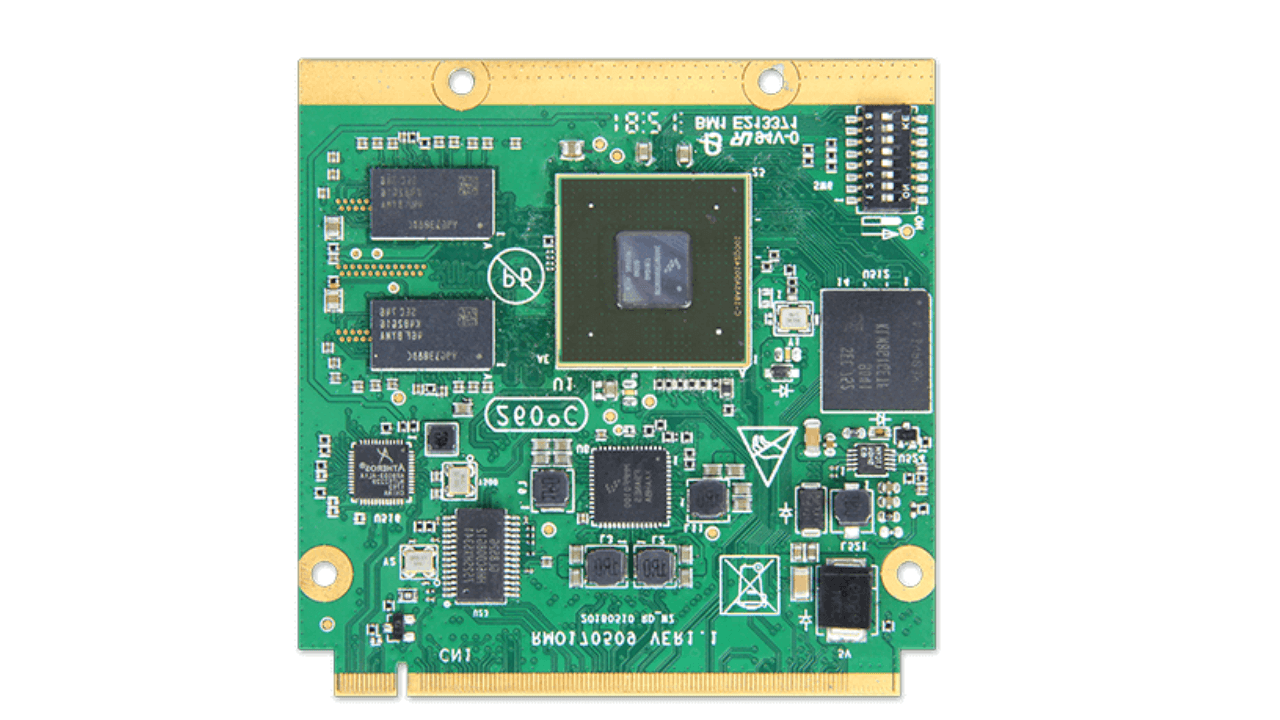The functionality of operating system modules, also known as kernel modules, is an important part of the overall operation of the operating system. These modules modularly and dynamically extend the core functionality of the operating system kernel.
Operating system modules are typically not part of the kernel but can be dynamically loaded and unloaded as needed. This dynamic loading allows the operating system on module to load modules only when a specific functionality is needed, saving memory and system resources.
Kernel modules interact closely with the operating system kernel and share access to critical system resources and services. You can call kernel functions, access kernel data structures, and respond to kernel events.
Functions of Operating System Module
Operating system modules provide a variety of services that are critical to the efficient operation of modern computer systems. In this post, we'll look at some of these modules' essential functions.
Device Drivers:
Providing device drivers is one of the fundamental functions of operating system modules. Device drivers serve as go-betweens for the operating system and hardware components such as graphics cards, network adapters, and printers. They let the operating system to successfully communicate and control various devices.
File Systems:
Operating system modules are in charge of file system support. They specify how files and directories are arranged and maintained on storage devices. File system modules enable the operating system to read, write, and manage data stored on various storage media, maintaining data integrity and access control.
Process Management:
Process management modules are in charge of the development, scheduling, and termination of processes or tasks. They oversee the allocation of system resources to processes, guaranteeing fair and efficient use of CPU time, memory, and other resources.
Memory Management:
Operating system components play an important part in memory management. They supervise the allocation and deallocation of memory for multiple processes and maintain memory protection mechanisms to prevent unwanted access or change.
Interrupt Handling:
Hardware interrupts are managed by operating systems, and interrupt-handling modules are responsible for processing these events. They make certain that the CPU reacts appropriately to hardware events such as keyboard input or disk I/O.
Virtualization Modules:
Virtualization modules enable the operating system to run several virtual machines on a single physical system. They establish a virtual environment in which many operating systems or instances can coexist while utilizing hardware resources efficiently.
Power Management Modules:
Power management modules are in charge of optimizing power consumption on mobile devices and laptops. They manage energy-saving features such as sleep mode, hibernation, and CPU frequency scaling.
Real-Time Capabilities:
Real-time modules are required by some operating systems for applications that require exact timing and responsiveness, such as industrial control systems, robotics, and medical imaging.
Interrupt Handling:
Hardware interrupts are managed by operating systems, and interrupt-handling modules are responsible for processing these events. They make certain that the CPU reacts appropriately to hardware events such as keyboard input or disk I/O.
Error Handling and Logging:
Error handling and logging modules aid in the diagnosis and resolution of system issues. For troubleshooting and maintenance, they collect and log error messages and system events.
Loadable Kernel Modules:
These modules enable the dynamic loading and unloading of new kernel functionality, increasing the operating system's flexibility without requiring a full system restart.
Internationalization and Localization:
Operating system modules support a wide range of languages and character encodings, allowing users all over the world to interact with the system in their native language. Modules provide dynamic linking capabilities, allowing shared libraries to be loaded into memory when needed, reducing memory usage and improving program modularity.
Conclusion
Operating system modules perform a variety of functions essential to the operation and management of computer systems. They enhance core operating system functionality, support hardware and software components, and provide a platform for customization and extension, making modern operating systems versatile, secure, and adaptable to a variety of tasks and environments. Be able to adapt to.


